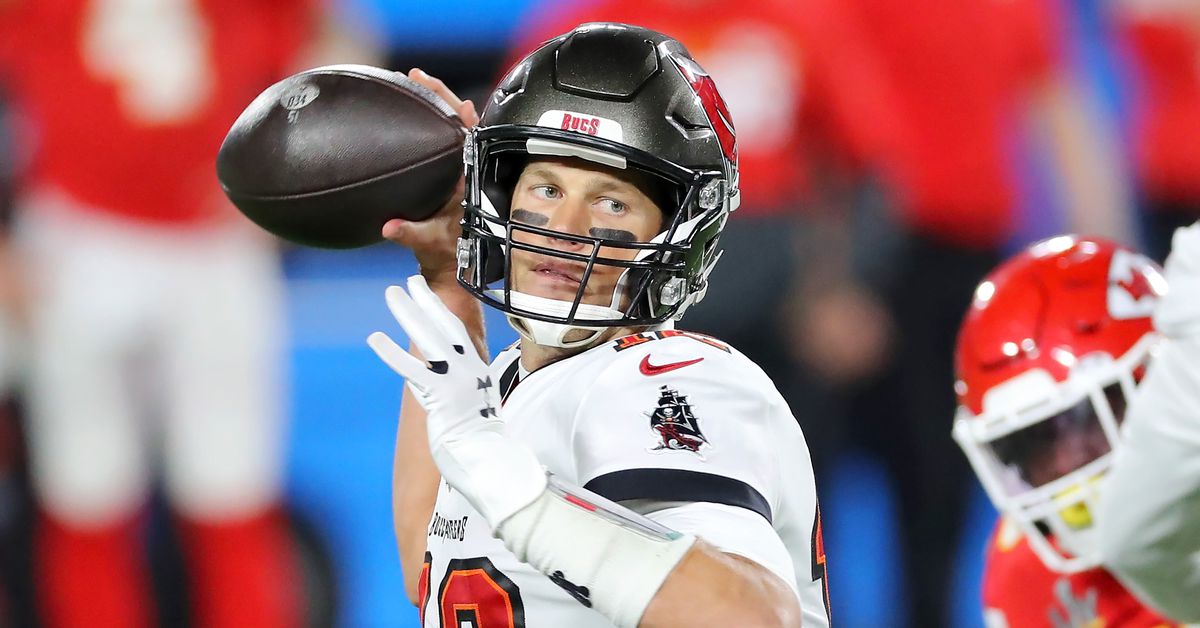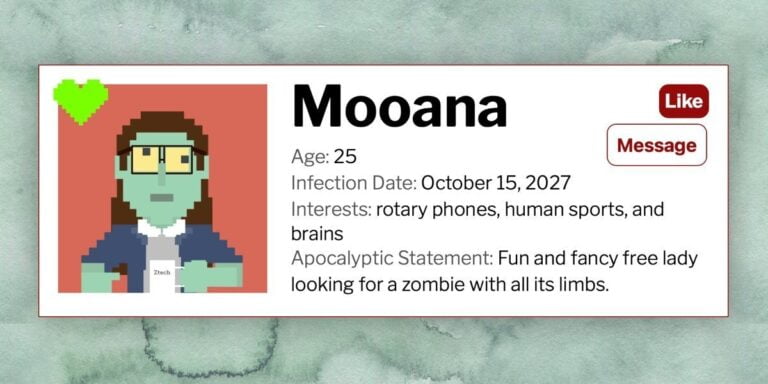
It’s finally happened. A big tech company is paying really big dollars for exclusive rights to show big-time sports: Amazon is paying a reported $10 billion over 10 years to show NFL games on Thursday nights.
But Amazon’s huge deal — by far the biggest move by a tech company into live sports — also illustrates how closely intertwined big-time sports is with traditional TV.
That’s because the rest of the deals the NFL formally announced today look a whole lot like the deals the NFL has done for years: The vast majority of its games will run on the traditional TV networks owned by Fox, Disney, ViacomCBS, and NBCUniversal. That is: While we’ve been watching viewing habits change over the years — quite slowly at first and then very quickly, as traditional TV ratings have plummeted — both the NFL and the big TV networks want to continue business as usual.
And there are good reasons for that stasis — or symbiosis. TV viewing has been declining for years, but NFL games remain the most popular programming on TV, by a long shot. Seven of the top 10 shows on TV in 2020 were NFL games. If the TV networks don’t have pro football, their decline gets very steep, very quickly.
The NFL, meanwhile, is betting that even though some of its viewers are leaving for the likes of Xbox and TikTok, its best chance to get the most eyeballs on its games is by keeping them on old-fashioned TV.
It’s worth noting that all of the new deals allow the TV guys to also put the games on their streaming platforms, like NBCUniversal’s Peacock and Disney’s ESPN+. But at their heart, these are very much TV deals, not digital deals.
The Amazon deal, meanwhile, really is a digital deal. Unlike other moves Amazon (and Twitter before it) has made to show NFL games, this is a commitment to show 15 games a season, exclusively for Amazon Prime subscribers in the United States. Previously, Amazon has simply had streaming rights to games that were already broadcast on traditional TV networks like Fox and CBS. (The NFL notes that people who live in each of the team’s home markets will still be able to watch the games on traditional TV without using Amazon Prime.)
But lots of media observers have for years been assuming that big tech companies would be muscling into sports. It’s fascinating that it’s only happened now — and that it may not be happening again, in any significant way — for a long time. The other TV deals the NFL announced on Thursday will go for 11 years, meaning there’s no way for a Google or an Apple to get into this again, and there aren’t any other big-time sports rights available for some time. (The one wrinkle here is the Sunday Ticket package, which gives subscribers access to every game in the league, and is currently owned by AT&T’s DirecTV; that deal comes up in a couple years and could definitely be available for a tech player.)
But more than that, it’s no longer a foregone conclusion that the rest of big tech thinks it should be bidding on sports deals, period.
Just a few years ago, Facebook bid $600 million in an unsuccessful effort to get the rights to Indian cricket matches, and later picked up rights to show some pro soccer games in Latin America; it was reportedly willing to spend “billions” for other sports rights.
But this month, Facebook announced that it wasn’t trying to get the rights to NFL games — and in fact didn’t want to spend money on any sports rights at all. Instead, it suggested in an open letter to sports executives, Facebook would like to show games for free.
No takers, so far. And why would they? If the big TV guys are going to keep paying big money for big sports, the sports guys will keep taking their checks. Now they’re just adding Amazon’s $10 billion to their pile.





